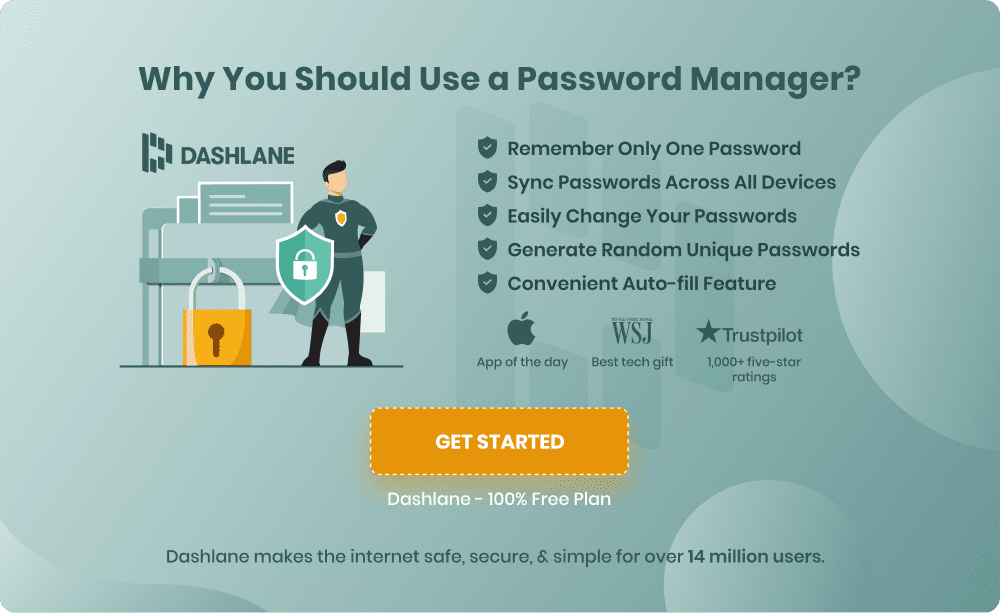aaa1
bbb1
bbb 
Looking For Private Internet Access? Check out our pick for the top VPN services
The benefits of Tirzepatide extend beyond weight loss. Improved blood sugar levels, reduced cardiovascular risks, and enhanced quality of life are notable advantages observed in patients using this medication. As obesity is often linked to a myriad of health complications such as hypertension, dyslipidemia, and type 2 diabetes, Tirzepatide’s effectiveness in managing these conditions positions it as a comprehensive therapeutic option.





